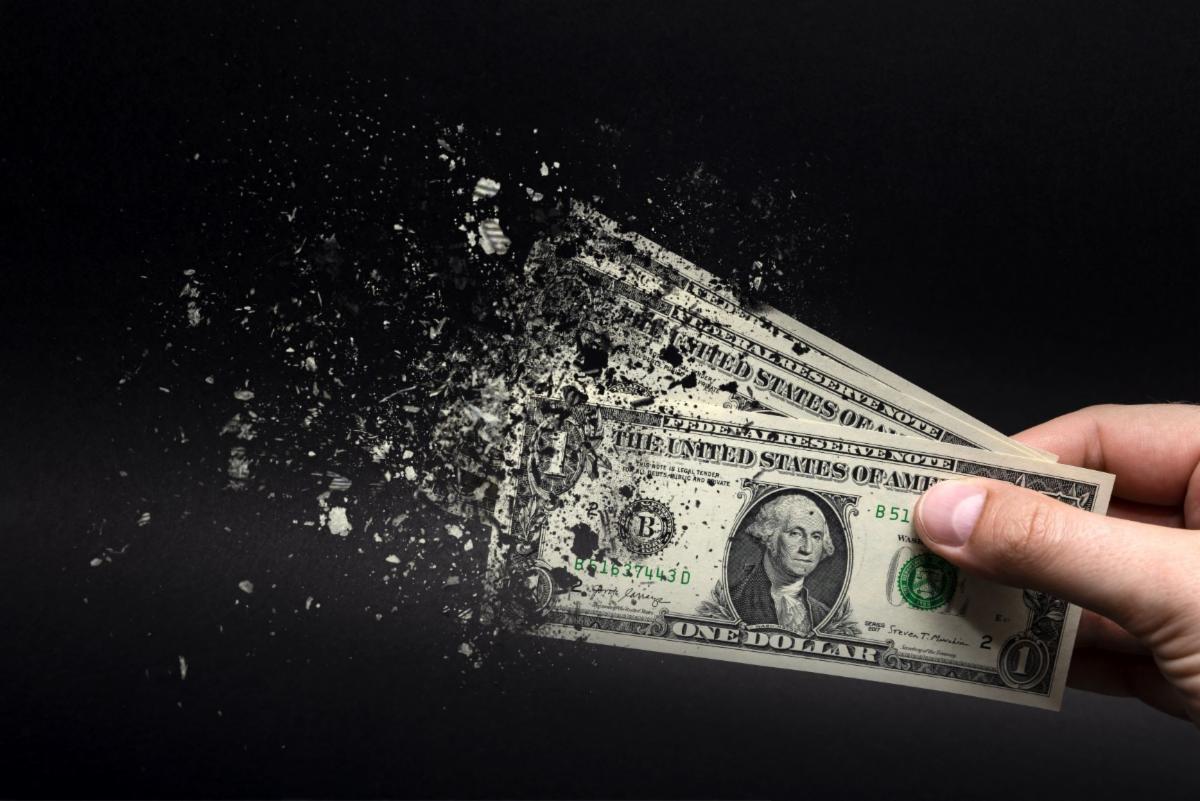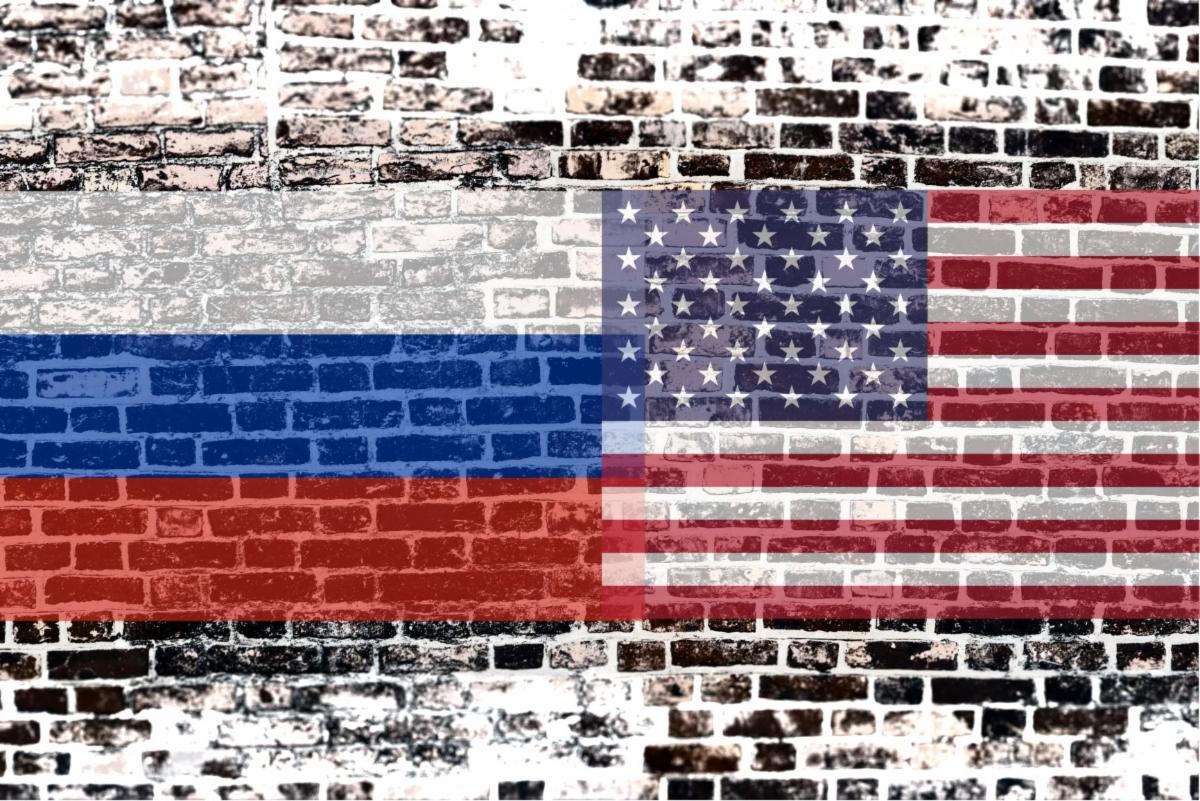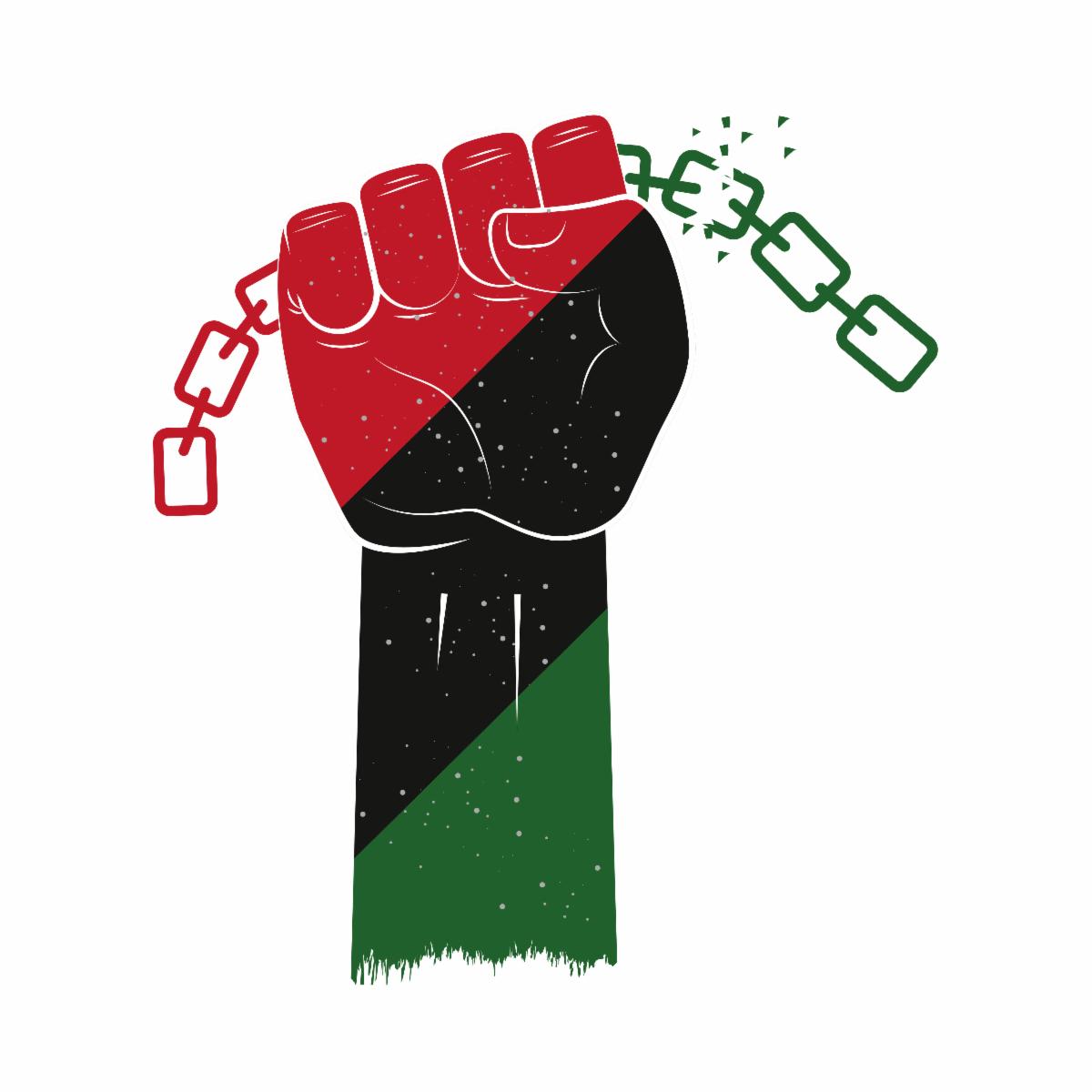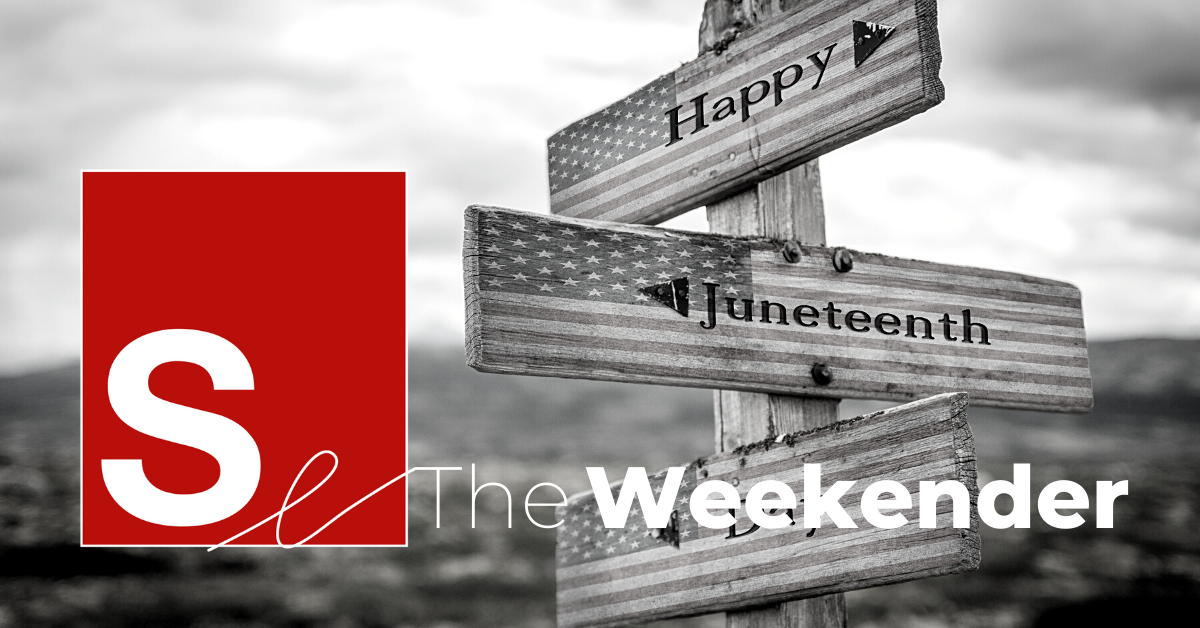Welcome to a new edition of The Weekender, where investors are hopeful that the nation’s rising prices, supply chain issues, and inflation is temporary. Plus—President Joe Biden and President Vladimir Putin meet again, and this time, Biden lays out 16 areas of infrastructure that should be off-limits to any future cyberattacks. Also—Juneteenth becomes a federal holiday, and companies are stepping up their marketing game to show their support. Check out the top headlines from this week below. We’re glad you could join us for The Weekender.
PS- Check out one of our newest team members, Hayley Wade, who joined us after spending the entirety of the 116th Congress serving on the staff of U.S. Congresswoman Kay Granger, the ranking member of the House Appropriations Committee and the most senior Republican woman in Congress.
THE BIG FIVE
Transitory or here-to-stay?

Putin and Biden meet amid high stakes.

After almost four hours of discussion with Russian President Vladimir Putin behind closed doors, President Joe Biden tells reporters he did what he came to do, making it clear to Putin he will always defend Democratic values. Both leaders called the summit productive; though they had disagreements, the tone overall was positive (hear from a body language expert here for more). Biden told Putin there must be some basic “rules of the road” that countries need to abide by when it comes to presidential elections. He also raised human rights and the recent and increasing cyberattacks on American infrastructure by criminals based in Russia, telling Putin there are 16 areas of critical infrastructure that should be off-limits to attacks—from the energy sector to the water supply. While Putin still denies Russia harbors cybercriminals or engages in cyber warfare, he agreed to have high-level cybersecurity negotiations with the U.S. Biden—who has previously called Putin a killer with no soul—says he is taking the wait-and-see approach on whether the summit consisted of a strategic dialogue that mattered. There was also a healthy dose of skepticism about the summit’s effectiveness; nonetheless, the meeting was significant in the attempt between the countries to build a relationship based on “mutual distrust.” Read more in AP News.
How Juneteenth becomes commercial.

Leaks, secret subpoenas, and more: the next collision course on Capitol Hill.
INTERNATIONAL SPOTLIGHT
End of an era: the impact of Netanyahu’s ousting.
DATA POINTS
15 million. The amount of unsold Girl Scout Cookie boxes due to the pandemic. The organization typically sells around 200 million boxes a year, or $800 million worth.
90,500. The number of people headed to Tokyo for the Olympic Summer Games starting July 23rd; 11,500 athletes and 79,000 overseas officials, journalists, and support staff. The International Olympic Committee expects 80% of those staying in Olympic Village to have been fully vaccinated for COVID-19.
9.3 million. The number of unfilled jobs in the United States. Job openings are surging, especially in the hospitality sector, as businesses look to staff up ahead of what is expected to be a busy summer season.
61%. The proportion of Americans in favor of requiring college students to be vaccinated to attend classes in the fall. As vaccines become available for younger age groups, experts predict the same support for middle and high schools.
31%. The percentage of U.S. office workers who have returned to the workspaces they occupied before Covid-19.
$2.74 billion. The amount of money MacKenzie Scott, the former wife of Jeff Bezos and one of the richest women in the world, donated to 286 different organizations this week, including community-based nonprofits and organizations focused on racial justice.
60%. The likelihood that French vineyards experienced a climate change disaster known as “false spring,” bringing catastrophe to France’s wine industry. After a record-warm early spring, an extraordinary cold snap gripped France in early April, devastating grapes and other fruit crops.
$8.2 billion. The amount Americans spent on bicycles and accessories in Q1 2021, up from pre-pandemic spending that hovered around $6 billion for years. As a safe, socially distanced form of exercise and transportation, bicycles became a scarce commodity peak Covid-19.
27. The number of European countries Americans are now free to visit for the first time since March of 2020. While many EU countries are heavily dependent on tourism and suffered shrinking economies during the pandemic, countries can add their own requirements for tourist entry.
TWEET
A Delta pilot parked a plane in the desert at the height of the pandemic and left a note in the cockpit . Another pilot found it 435 days later.
— Sam Sweeney (@SweeneyABC) June 11, 2021
"If you are here to pick it up then the light must be at the end of the tunnel."https://t.co/MEONWeifIa pic.twitter.com/ft1yAVZsjR
Sam Sweeney is an ABC reporter overseeing transportation coverage.


